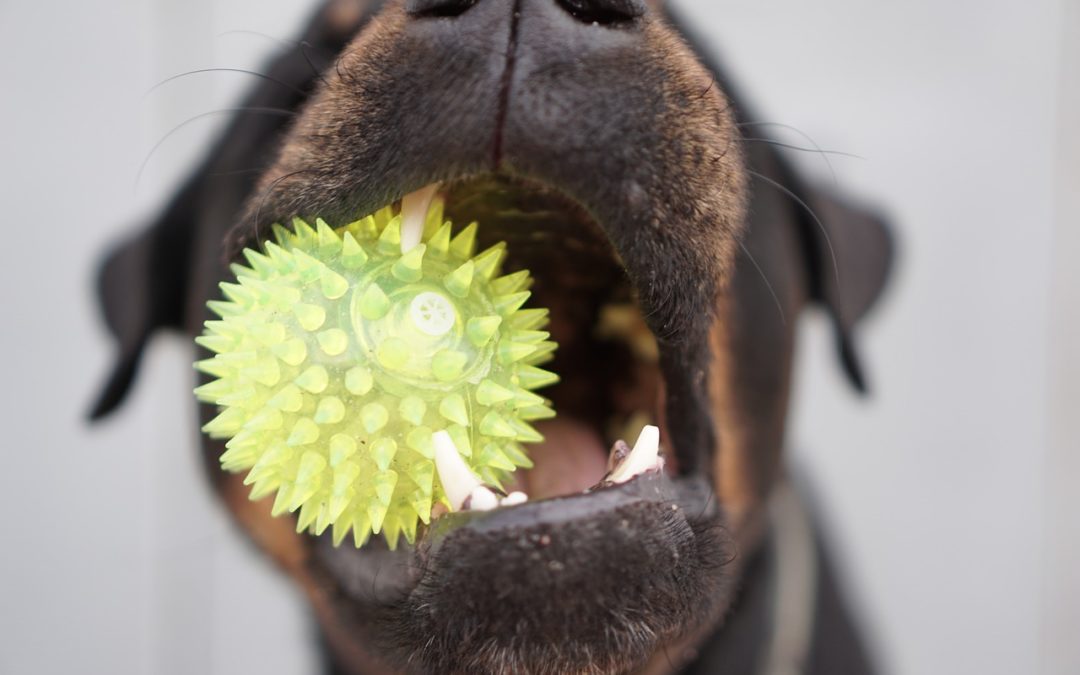Did you hear the news? We’re offering 10% off ALL dental procedures during the month of August 2017! Why is this so important to us? Did you know, by the age of 3, 70% of cats and 80% of dogs have some form of periodontal disease (dental disease)? It’s not just a senior pet problem!
As a pet owner, it’s important you know about these things.
1. So what’s periodontal disease?
Periodontal disease in pets includes conditions such as gingivitis (inflammation of the gums) and periodontitis (loss of bone and soft tissue in the mouth). Periodontal disease starts out when plaque begins to build in the mouth and over time becomes tartar. When the tartar and plaque begin to make their way under the gum line, they give off toxins which lead to bone and tissue damage.
2. What are the signs that your dog or cat might have periodontal disease?
Animal Medical Center recommends to “Lift the Lip” and see if your pet has:
- Bad Breath (IT’S NOT NORMAL!)
- Difficulty chewing hard food
- Seems sensitive to touch around their mouth, nose or eyes
- Bleeding from their mouth
- Weight loss or doesn’t seem to have their usual appetite
3. Our Gillette Veterinarians’ big concern about dental disease is that it can lead to other health issues in dogs and cats.
If your pet goes unchecked for dental disease, they are at a higher risk for heart, kidney, and liver disease! Periodontal disease can destroy bone and tissue that can cause jaw fractures.
A condition that affects cats more than dogs is Tooth Resorption, which is a very painful condition where their teeth will erode caused by lesions.
Feline Stomatitis is a severe inflammation inside your cat’s mouth. It causes bad breath, pain, difficulty in eating, and drooling.
4. Prevention is KEY!
The best way to prevent dental disease in cats and dogs is…BRUSHING THEIR TEETH! A general rule is to brush your dog’s teeth at LEAST 3 times a week and to brush your cat’s teeth at LEAST 2 times a week. But if brushing isn’t an option, there are many other ways that Animal Medical Center recommends that will keep tartar from building in your pet’s mouth. Talk to one of our Dental Technicians and they can point you in the right direction for your pet.
Besides brushing and using toothpaste (which I hear doesn’t taste too bad! Chicken or seafood anyone?), there are dental wipes, oral rinses, diets (like Hills T/D) and dental chews. Try to stay away from products that are too hard for your dog’s teeth to chew, such as hooves, bones or hard nylon. They can fracture teeth and damage gums.
What are you waiting for? Contact us today to get your pet scheduled and save 10%!


